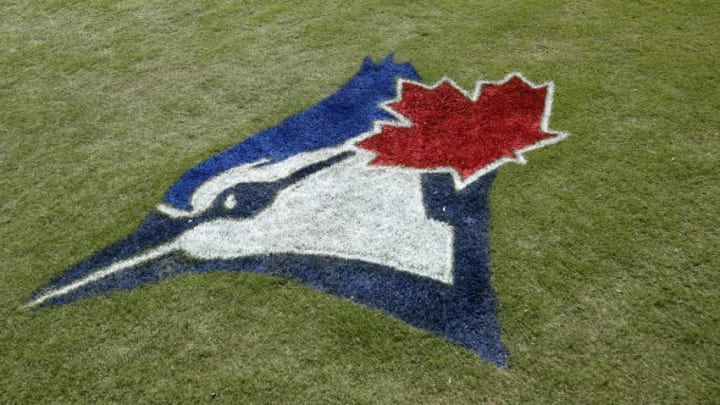
The Toronto Blue Jays have two World Series winners, plus a few other strong contenders. Who takes home the top prize of best team in franchise history?
Between 1983 and 1993, the Toronto Blue Jays could make a plausible claim to being baseball’s dominant franchise.
The Jays had a .562 winning percentage during that decade, taking five AL East division titles.
More from Call to the Pen
- Philadelphia Phillies, ready for a stretch run, bomb St. Louis Cardinals
- Philadelphia Phillies: The 4 players on the franchise’s Mount Rushmore
- Boston Red Sox fans should be upset over Mookie Betts’ comment
- Analyzing the Boston Red Sox trade for Dave Henderson and Spike Owen
- 2023 MLB postseason likely to have a strange look without Yankees, Red Sox, Cardinals
They were one of only two teams in those years to win more than one World Series, and the other – the Minnesota Twins – won 118 fewer regular-season games in that same period. The other teams we might think of as dominant during those years – the Oakland Athletics and St. Louis Cardinals – both won about 70 fewer games.
For Jays fans, the disappointment lies in the franchise’s challenges extending excellence beyond that approximately decade-long block. As a matter of cold math, for all years of the franchise’s existence other than 1984 to 1993 the Blue Jays have lost 290 games more than they have won.
An all-time Jays bracket, then, will feature a heavy representation from that period. Begin with the 1992-93 back-to-back World Series winners. To that add the 1985 club that probably should have won the World Series, but which was stopped one victory shy of reaching the World Series by a Kansas City Royals team that played enchanted ball.
The 1989 and 1991 Jays were also strong entries, although each fell out in the ALCS, first to Oakland and then to Minnesota.
That fills five spots and leaves three spots open for post-1993 teams. The 1998 Jays finished 88-74, the best record of any non-Jays playoff team. The 2015 and 2016 clubs both reached post-season. They close out our field.
The format is largely identical to previous bracket challenges. Each matchup in the tournament is decided based on seven criteria. You can think of each as a ‘game,’ the winner of four games advancing. The seven criteria are:
- Game 1: Regular season winning percentage.
- Game 2: Post-season winning percentage
- Game 3: Team OPS+
- Game 4: Team ERA+
- Game 5 (if necessary): Team WAR
- Game 6 (if necessary: Fielding percentage above the league average for the season in question.
- Game 7 (if necessary): The standard for Game 7 is Hall of Famers or likely future Hall of Famers.
